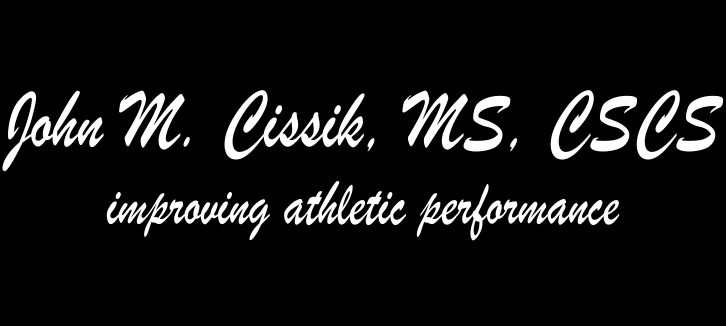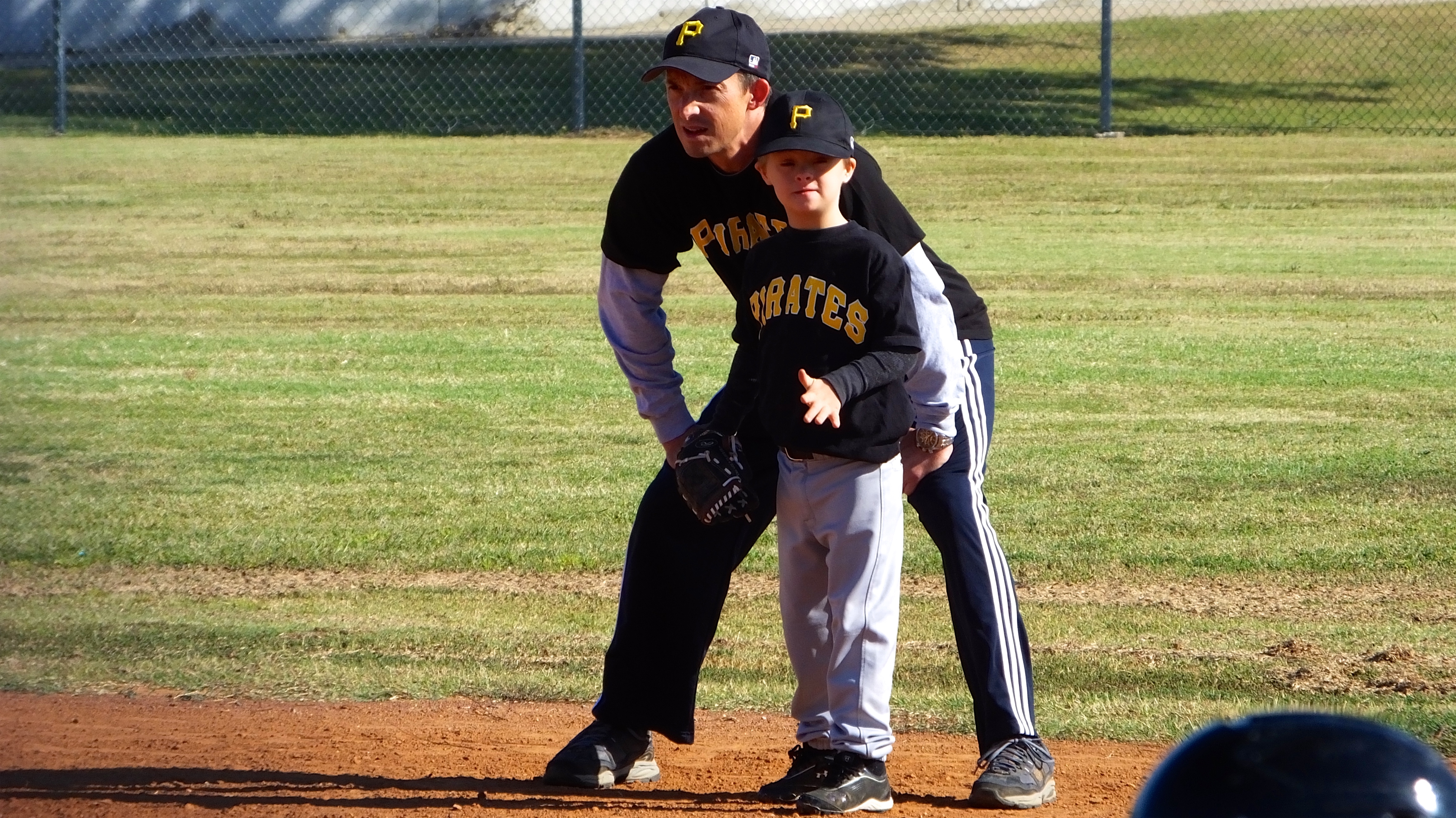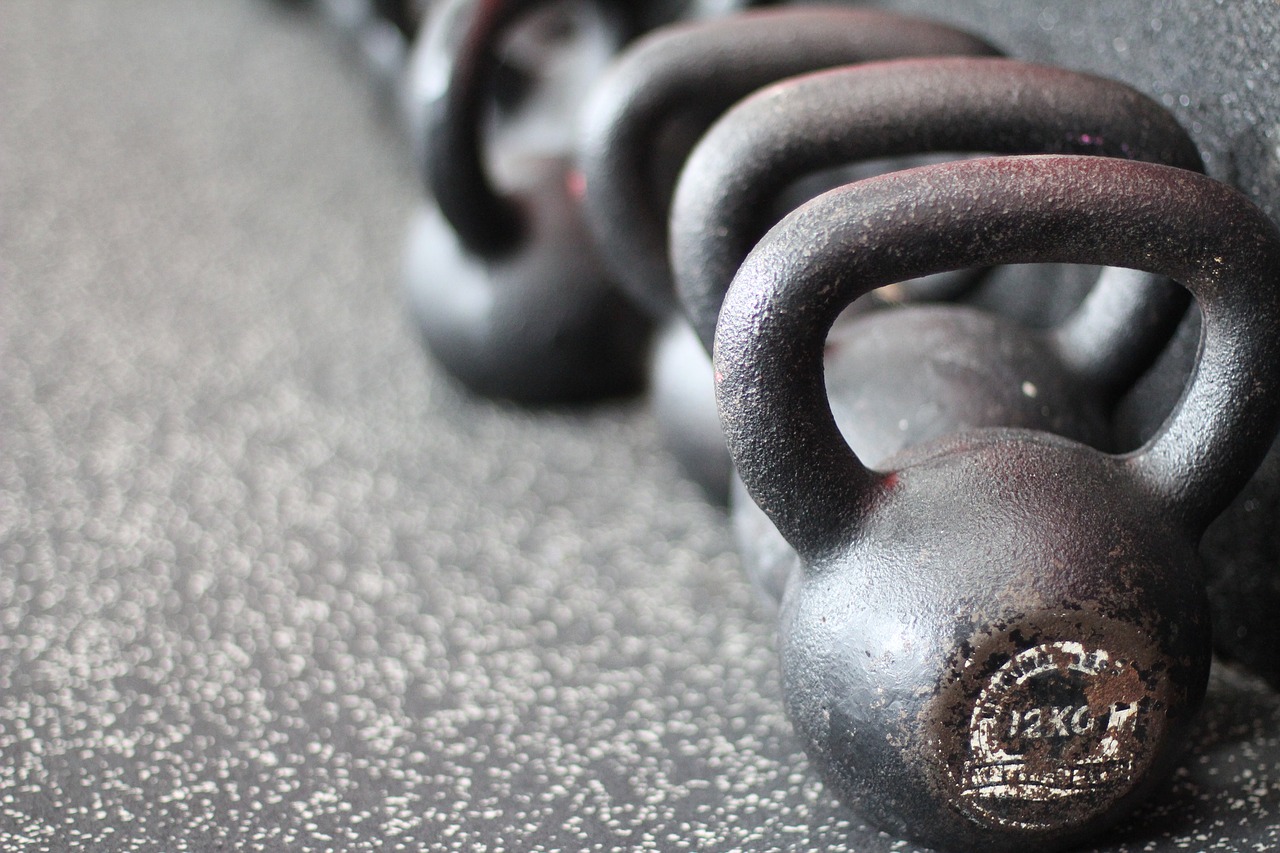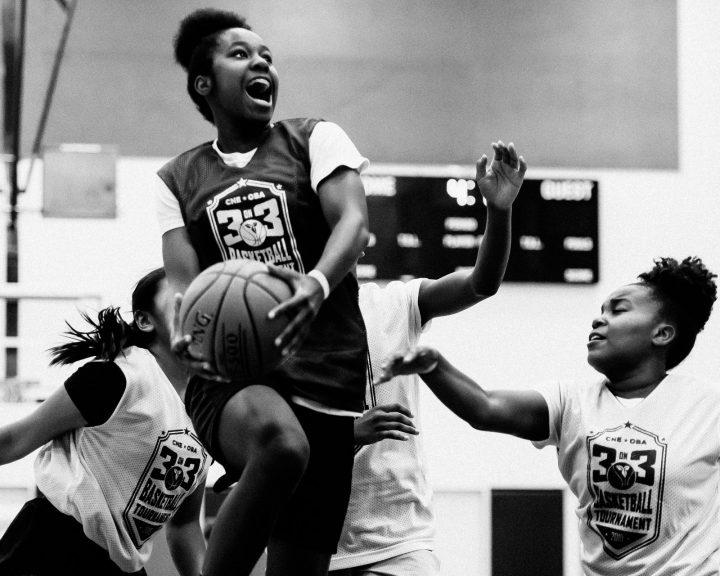Sports, whether you are a coach or an athlete, are an extremely demanding activity. In fact, it’s consuming! It has to be in order for one to be successful. An athlete practices, travels, and competes. A serious athlete studies the sport, studies opponents as well as his/her own performance, eats for performance, sleeps for performance, etc.
For a coach, it’s even worse. The coach has to be an expert on the aspect of the sport that they coach, they have a lot of preparation involved in coaching. This means studying both their team’s performance as well as their opponents and organizing practices accordingly. This means plays, counter plays, team building. In other words, besides the actual coaching there is a tremendous amount of preparation that goes into things.
It’s easy to be consumed by sports, it happens easily. It’s not unusual for coaches to get sucked into spending 20 hours a day on their craft during the in-season. Off-season is spent recruiting, traveling, and planning – so it’s not like the schedule lets up once the season is over.
Recently I was talking to a group of strength and conditioning coaches at a university. The group consisted of head coaches, assistant coaches, graduate assistants, and even interns. In other words, a range of coaches from those trying hard to get into the field to those who were established. I got asked a question that I’d like to have over again, which is the entire reason that I’m writing this post. The question was take home lessons – in other words, looking back at the things that I’ve learned what’s a take home lesson for new coaches. Things I’d wished I’d known, that sort of thing.
No matter what level you are coaching at, I think there’s one extremely important take home message. That message is that things have to be about something larger than just sports. Now, I know this is going to sound strange given the fact that the things I described above have to get done – but it’s essential to keeping you a sane, well-rounded person that other people want to be around (including potential spouses!). What exactly does that mean? Let me give you a few examples below.
First, you have to find time to take care of yourself. That means getting in some level of exercise on a regular basis. This does not mean that you train like your athletes do, those days are gone. But you have to do something! A few reasons for this. First, you are setting a good example. Your athletes will know if this is something that you do. For them, this means that you are practicing what you preach. Second, it’s important for your health. Coaching is enormously stressful at every level and it’s important to have a healthy outlet for it. Third, it gives you time to shut off your brain and live in the moment.
Second, you need some interests outside of sports. I know this one is hard. When we get into the profession we are focused on reading everything, watching every video, and talking to everyone so that we can learn everything about the sport. This often means that this takes up all of our limited leisure time. Outside of that, most of us are also sports fans – so when we’re not coaching, preparing to coach, or learning to coach, it’s not unusual for us to be watching sports as fans. But the result of this is we’re not very well-rounded, which makes it really difficult to hold a conversation with anyone outside of our immediate circle of coaches – and this includes with our athletes. So with this in mind, it’s important to develop some interests outside of all this. Read a book, paint something, watch movies, find something!
Third, you have to give back. This means giving back to the sport, giving back to your coaching profession, and giving back to the community that is allowing you to do what you love. You give back to the sport by taking care of your athletes – at the end of the day they are why we have coaches. You give back to the profession a number of ways; mentoring young and prospective coaches (someone did this for you once!), sharing your knowledge with other coaches, and helping to serve professionally in professional associations to help shape the development of your profession.
I want to take some time to talk about giving back to the community. There are lots of public relations stunts that athletic programs have to be involved in. I get this. But, hopefully you understand that these lack sincerity or seriousness. I think the best thing for a coach to do is to be involved in meaningful acts of service and do it without telling anyone. In other words, give back because it’s the right thing to do as opposed to expecting reward or notoriety. Find something that you are passionate about and get involved!
I wish there were a short answer to “take home lessons” or “things you wish you’d known,” but by their very nature there are not. Plus, you have to get to a certain age to realize these things.




